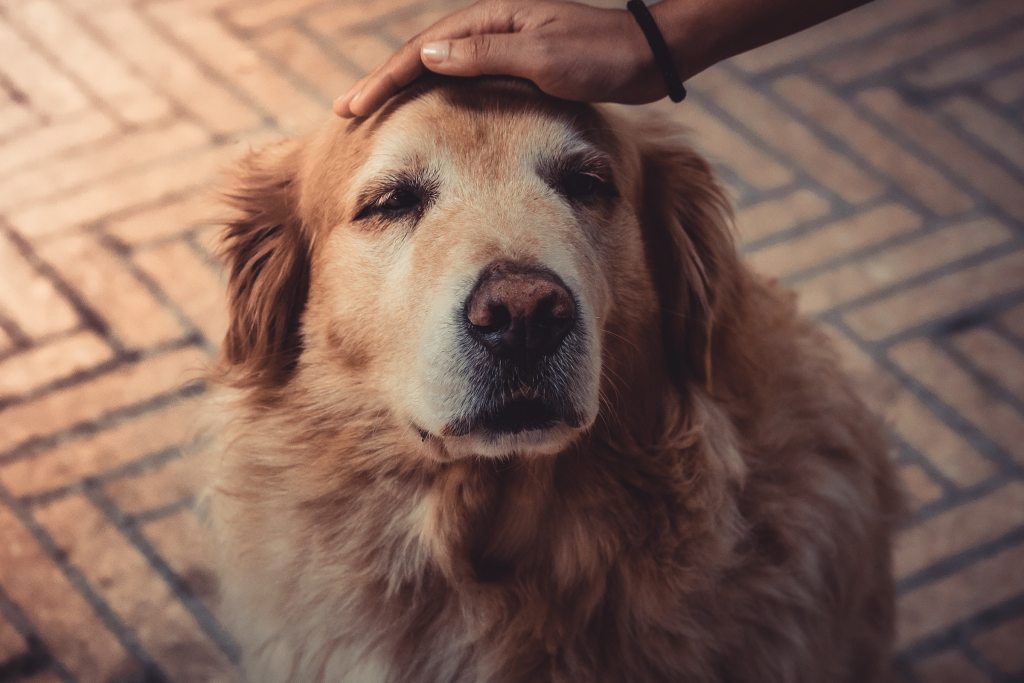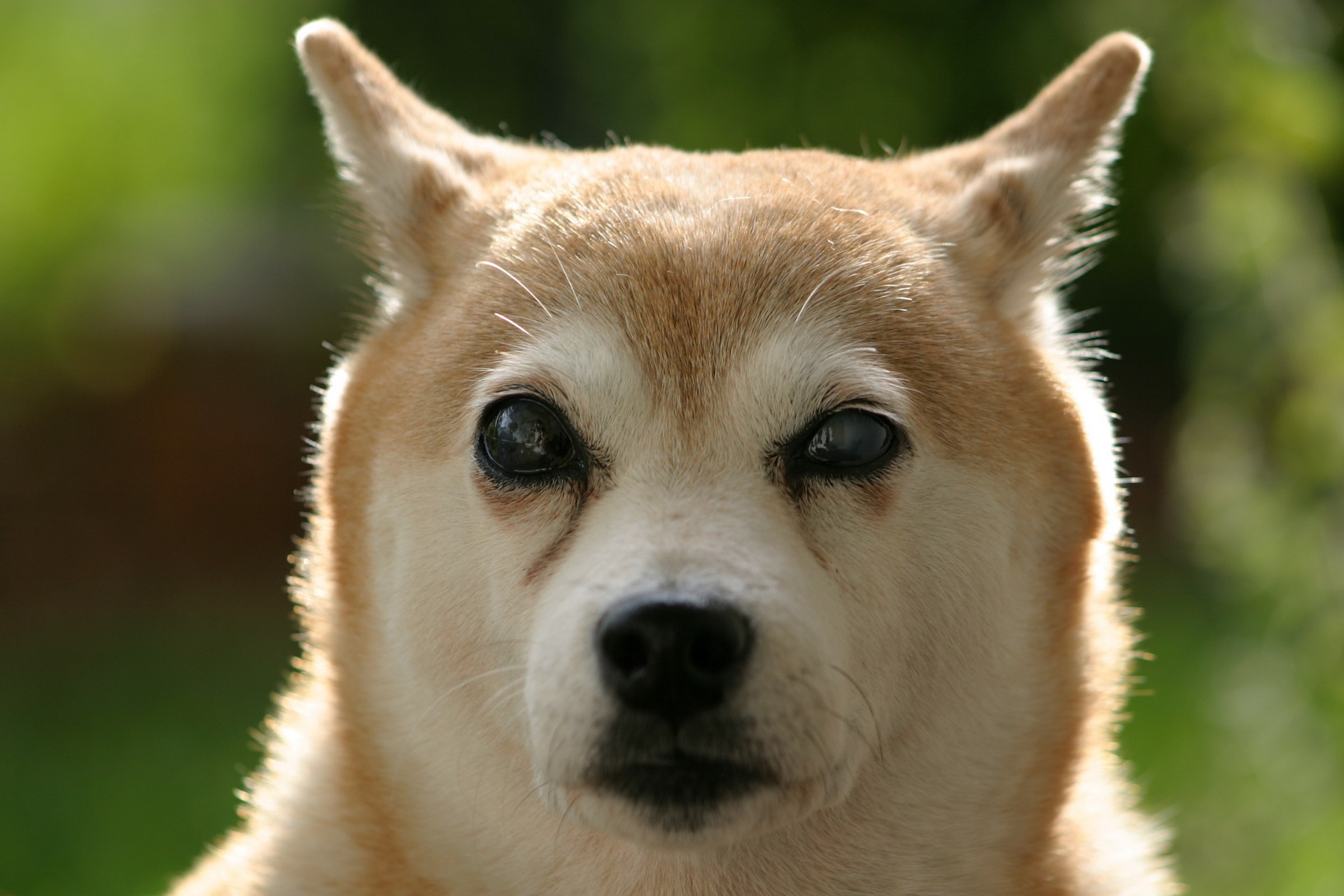Whether your beloved pup is getting older or they’ve encountered a medical hiccup, it can be difficult for pet parents to imagine their dog losing vision. Unfortunately, it can be a part of life, whether expected or not, but dogs are more than able to adapt to their new situation. But a lot of dog owners don’t know how to tell if a dog is going blind.
Instead of asking Dr. Google “dogs going blind symptoms,” keep reading to learn what to look out for. And don’t worry! Especially with the help of a trusted veterinary team, you and your dog can lead just as full a life together. It just takes time.
Stairs are a new obstacle
Although many dogs are hesitant around stairs, especially when they’re unfamiliar with the obstacle, a sudden fear can be a cause for concern. (Or a cause for keeping a watchful eye, at least!)
When a dog loses their vision, even just a little, a small height difference like a step can be too much to be sure of. It’s easy to misjudge and take a tumble, especially for smaller creatures. If you notice this sudden change, it’s a good idea to consult a veterinarian (and help your dog up and down the stairs as much as you’re able. There are handicap support harnesses you can buy to help with exactly this).

Your dog acts more afraid or hesitant
Stairs are just one example of a situation when a vision-impaired pup might be a bit afraid. Any new environment can be extra scary when a dog can’t fully see what’s around them — so this could lead to hesitation, too. In some cases, dogs who are beginning to lose their sight might be so confused and panicky that it results in whining, running, or even a bite.
Be patient! Whatever is confusing or scaring your dog should be dealt with gently and with care to help build back your furry friend’s confidence. If the problem persists, ask a vet for their input before trying anything new.
Small tasks take longer
When any animal (or human) can’t see, doing everyday tasks becomes nearly impossible. Luckily, dogs have their insanely powerful sense of smell to help, but low-light situations can still be tricky for dogs who are starting to go blind. Remember — dogs are colorblind, too. That being said, toys and objects with bright hues are more likely to stand out against their surroundings, making them easier for your dog to spot.
If you notice your pup taking longer to locate treats, navigate obstacles, or do other daily tasks, it’s worth talking to their veterinarian. Slowness in certain situations has many possible causes, so your vet can help you narrow down what might be going on.
Cloudy eyes
Sometimes, visual impairment in canines is, well, visual. If you notice a cloudy, gray-blue hue to your dog’s eyes, book an appointment with your vet. Many different eye problems can cause a cloudy appearance in the eyes, including (and not limited to):
- Age-related eye degeneration
- Nuclear sclerosis, which affects a dog’s ability to focus their eyes
- Cataracts
- Glaucoma
- Corneal dystrophy
Eye redness, irritation, pawing at the face
Cloudiness isn’t the only physical sign of eye issues in dogs. Red eyes can result from something as harmless as allergies or an object in the eye, but they can also be a symptom of something more serious. This includes:
- Injury to the eye
- Pink eye/conjunctivitis
- Uveitis: Inflammation of the middle eye
- Corneal ulcers
- Glaucoma
- Cataracts
Alternatively, you may notice your dog pawing at their eyes or rubbing their face on the ground — both signs of irritation or itchiness. Any of these warning signs should be taken care of by a canine medical professional.

Your dog is easily startled
It’s easy to be startled by someone sneaking up from behind you, right? This is what it can be like for a pup who can’t see, especially if they’re distracted or in distress. Of course, you don’t mean to scare them, but it happens!
If you notice this pattern, you can help your fur baby in a few ways. Firstly, make an appointment with your vet. Secondly, speak to your pet when you approach them so they know you’re there. If you have other pets in the house, give them a small bell to wear on their collar so your blind pup can know when they’re nearby. You all will be just fine — it’s all about adaptation!
If you’re noticing any of these changes, make sure to contact your vet. Be patient with your pup as they figure out their new way of living, and be extra mindful of their safety for a while. Safety gates and other dog-proofing methods might feel silly, but they can be exactly what you need as you navigate this new adventure together. No rush — do whatever you need to so you can feel your best and be there for your pet.



